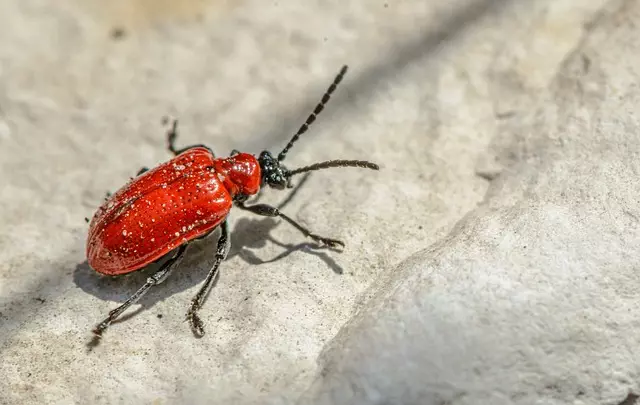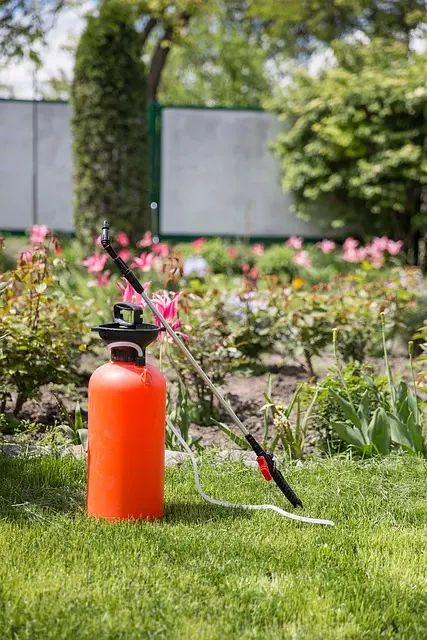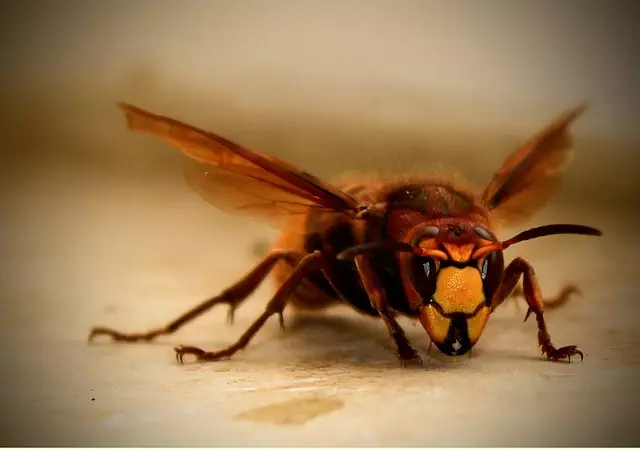Pest exterminators are crucial professionals who safeguard homes and businesses from various pests, offering expertise in identification, removal, and prevention. They employ safe methods, equipment, and tailored treatments for quick results, addressing common pests like termites, rodents, and ants. The process involves thorough inspection, targeted traps/pesticides, and post-treatment recommendations to prevent reinfestation. Choosing a pest exterminator requires verifying certifications, reading reviews, and understanding their safety measures and eco-friendly practices. Modern technologies enhance efficiency, while ongoing prevention strategies, like cleaning, sealing entry points, and regular inspections, help maintain a pest-free environment.
“In every home or business, pests can cause significant damage and pose health risks. This is where pest exterminators step in as vital experts in pest control. Understanding their role and expertise is crucial for effective protection. From roaches and termites to mice and ants, this article explores common pests requiring professional extermination. We’ll guide you through the process, offer tips for choosing the right exterminator, and highlight safety measures. Moreover, we delve into advanced technologies and preventive strategies to keep your space pest-free.”
Understanding Pest Exterminators: Their Role and Expertise
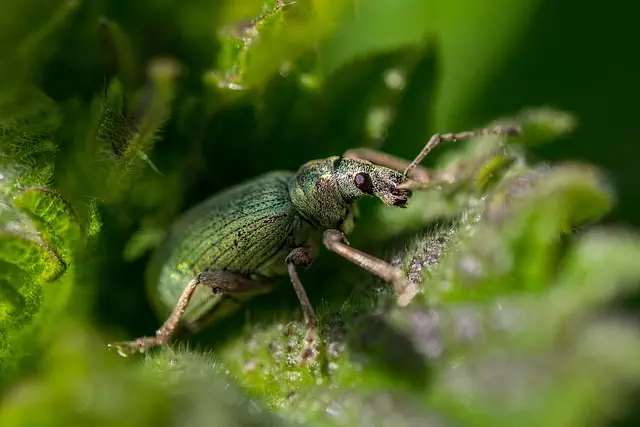
Pest exterminators play a crucial role in maintaining a healthy and safe living environment. Their expertise lies in identifying, locating, and eradicating pests that can cause damage to homes, structures, or crops, and pose potential health risks. These professionals are equipped with the knowledge and tools to deal with various insects, rodents, birds, and other pests, ensuring their removal and preventing future infestations.
The role of a pest exterminator extends beyond simply eliminating pests. They also offer advice on prevention strategies, provide insights into pest behavior, and recommend treatments tailored to specific needs. By understanding the unique challenges posed by different types of pests, these experts employ safe and effective methods to resolve issues quickly, ensuring customer satisfaction and peace of mind.
Common Pests That Require Professional Extermination
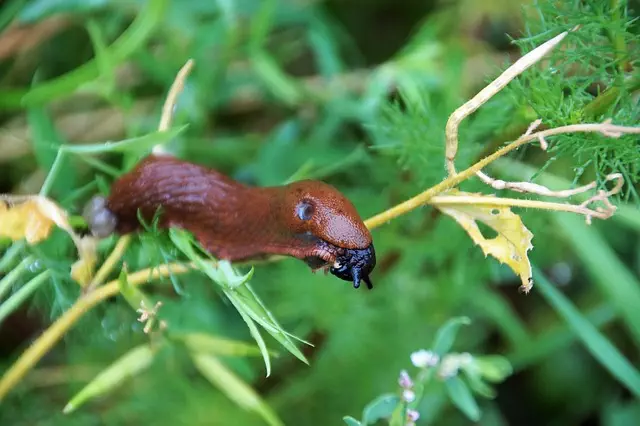
In the realm of pest control, certain intruders require the expertise of a professional pest exterminator. Common pests that often demand specialized attention include termites, rodents, bed bugs, and ants. Termites, for instance, can cause significant structural damage over time, making them a serious concern for homeowners. Rodents, though small, can wreak havoc by gnawing through wires and insulation, posing potential fire hazards. Bed bugs have become increasingly resilient, requiring advanced methods to eradicate due to their tendency to hide in crevices and reproduce rapidly. Ants, while seemingly insignificant, can form massive colonies that disrupt kitchens and food storage areas.
Relying on a pest exterminator is crucial when dealing with these common pests due to their expertise, access to specialized equipment, and knowledge of the latest treatment methods. Professional exterminators employ safe yet effective chemicals, traps, and other tools tailored to each unique situation, ensuring the quickest and most comprehensive resolution. They also offer ongoing prevention strategies to deter future infestations, providing peace of mind for property owners.
The Process of Exterminating Pests: Step-by-Step Guide
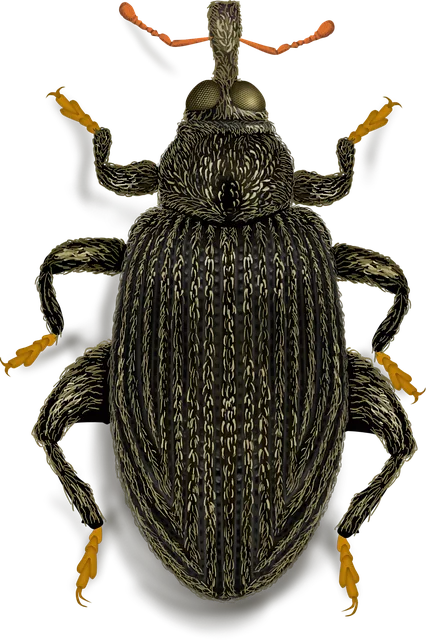
The process of exterminating pests involves a systematic approach to ensure effective and safe removal. It begins with an inspection, where a trained pest exterminator assesses the extent of the infestation, identifies the type of pests, and locates their hiding places. This step is crucial in devising a tailored plan for elimination. The next phase includes setting traps or applying targeted treatments using approved pesticides. Exterminators use advanced equipment and methods to reach difficult-to-access areas and protect non-target organisms.
Once the initial treatment is complete, the exterminator provides recommendations for prevention and monitoring. This may involve sealing entry points, maintaining proper sanitation, and regular inspections to ensure the infestation doesn’t recur. The entire process requires adherence to safety protocols and environmental regulations, ensuring that both the residents and the environment remain protected from harmful chemicals. A pest exterminator’s expertise lies in implementing these steps efficiently, offering a swift and durable solution to pest problems.
Choosing the Right Exterminator: Tips for Homeowners

When it comes to selecting an exterminator, homeowners should conduct thorough research to ensure they choose a reputable and qualified professional. One crucial aspect is verifying the pest control company’s certification and licensing. Reputable exterminators should be licensed by recognized authority in their region, demonstrating compliance with industry standards and safety protocols. This protection ensures that the methods used are effective and environmentally safe.
Homeowners can also gain insights into a potential exterminator’s reputation by reading client reviews. Online platforms offer a wealth of information, allowing you to gauge customer satisfaction levels. Additionally, asking for references from previous clients enables direct communication to understand their experiences. Choosing a locally established pest exterminator is advantageous as they are more attuned to the specific pests prevalent in your area and can provide tailored solutions.
Safety Measures and Environmental Considerations in Pest Control

When it comes to pest control, safety measures are paramount, especially for professional pest exterminators who regularly encounter hazardous substances. These experts must adhere to stringent guidelines to protect themselves and the environment. Personal protective equipment (PPE), such as gloves, masks, and goggles, is a fundamental component of their toolkit, safeguarding them from harmful chemicals and diseases transmitted by pests. Moreover, rigorous training in safe handling procedures ensures that these professionals employ pesticides responsibly, minimising risks associated with exposure.
Environmental considerations play a crucial role in modern pest management. Exterminators are increasingly adopting eco-friendly methods and products to reduce the ecological impact of pest control. This shift towards sustainability involves using less toxic chemicals, promoting biological control through natural predators, and implementing integrated pest management (IPM) strategies. By embracing these practices, pest exterminators contribute to preserving biodiversity and maintaining a healthier balance in ecosystems while effectively managing pest populations.
Advanced Technologies in Pest Extermination

In the modern age, pest extermination has seen a significant evolution thanks to advanced technologies, transforming the way pest control specialists work. From smart sensors to innovative chemical solutions, these developments enable more precise and effective treatments. For instance, heat treatment methods use targeted heating to eliminate pests, minimizing damage to properties and the environment. Additionally, the integration of GPS tracking in bait stations allows for real-time monitoring, ensuring efficient distribution of traps.
Drones equipped with high-resolution cameras and advanced AI are also making waves. They can access hard-to-reach areas, providing a bird’s-eye view for better assessment. Moreover, smart home devices are now linked to pest control systems, enabling automatic detection and response mechanisms. These technologies empower pest exterminators, offering them data-driven insights and more tailored solutions, ultimately leading to faster eradication times and reduced chemical usage.
Preventive Measures: Keeping Pests at Bay After Professional Services

After professional pest exterminator services, maintaining a pest-free environment requires a multi-faceted approach. It’s crucial to understand that prevention is key in the long term. Homeowners and businesses alike should implement simple yet effective measures to deter pests from returning. Regular cleaning and sanitation practices play a significant role; eliminating food sources, sealing entry points, and keeping areas tidy reduces attractants for common pests like roaches, ants, and rodents.
Additionally, maintaining a well-trimmed landscape, promptly addressing leaks, and ensuring proper ventilation can significantly hinder pest access. Using natural repellents like citronella or lavender can also be beneficial around the home. These preventive steps, coupled with periodic professional inspections, form an effective barrier against pest infestations, providing a healthier, more comfortable living or working space.
